The Falkland Islands are situated in the South Atlantic, positioned between the Atlantic Ocean and the Scotia Sea. The archipelago consists of two main islands—East Falkland and West Falkland—along with over 700 smaller islets and rocks. The terrain is characterized by rolling hills, rugged coastlines, and vast plains, providing breathtaking views and a variety of habitats for wildlife.
Table of Contents
Geography
The Falkland Islands, a British Overseas Territory, are a group of islands located in the South Atlantic Ocean, approximately 300 miles (480 kilometers) east of the coast of Argentina. The archipelago covers an area of about 12,173 square kilometers (4,700 square miles) and is known for its stunning landscapes, diverse wildlife, and unique cultural heritage. The largest island, East Falkland, is home to the capital, Stanley, which serves as the main hub for residents and visitors alike.
The climate of the Falkland Islands is maritime and temperate, with cool temperatures, frequent winds, and variable weather. The islands experience relatively mild summers and cold winters, with rainfall occurring throughout the year. This unique climate supports a rich ecosystem, making it a haven for birdwatchers and nature enthusiasts.
States of Falkland Islands
The Falkland Islands do not have states like many other countries. Instead, the territory is divided into two main islands, East Falkland and West Falkland, along with about 776 smaller islands. The administrative divisions are managed as a single British Overseas Territory, without any further internal states or provinces.
The Falkland Islands has a population of around 3,200 people. They are situated 300 miles from the southern extremity of Argentina and 8,000 miles from the United Kingdom. The Falklands are an overseas territory of the United Kingdom, but they are also claimed by Argentina, which calls them Las Malvinas.
History
The history of the Falkland Islands is marked by exploration, colonialism, and territorial disputes. The islands were first sighted by European explorers in the 16th century, but they remained largely uninhabited until the 18th century when the French and British established temporary settlements. In 1764, France founded the first settlement on East Falkland, followed by British claims and control in 1765.
In the early 19th century, the islands changed hands several times between various nations, including Spain and Argentina. The British reasserted their control over the Falklands in 1833, establishing a permanent settlement and maintaining a military presence. The islands became a point of contention between the United Kingdom and Argentina, which claims sovereignty over the territory.
The situation escalated in 1982 when Argentina invaded the Falkland Islands, leading to a brief but intense conflict with the British military. After ten weeks of fighting, British forces regained control of the islands. The conflict resulted in significant casualties on both sides and solidified the islands’ status as a British Overseas Territory.
Top Ten Most Famous Places to Visit in the Falkland Islands
Stanley
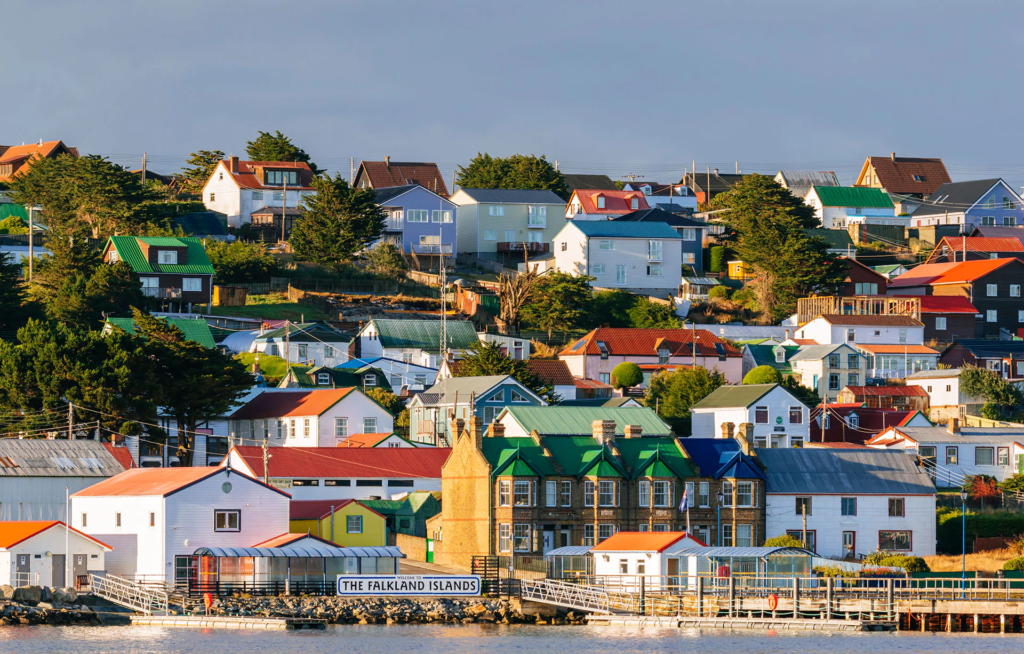
Stanley, the capital of the Falkland Islands, is a charming port town known for its colorful houses, friendly locals, and rich maritime history. Visitors can explore the Falkland Islands Museum, which offers insights into the islands’ history and culture, or take a stroll along the waterfront to enjoy stunning views of the harbor. Stanley is also a gateway to various wildlife excursions, making it an ideal starting point for exploring the surrounding areas.
Volunteer Point
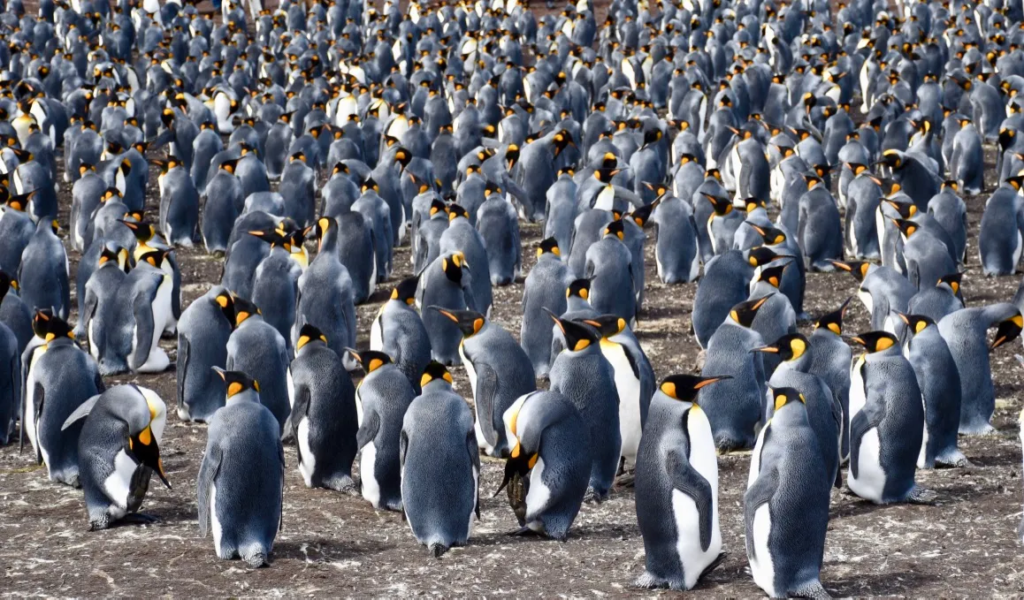
Volunteer Point is a renowned wildlife reserve located on East Falkland, famous for its large colonies of King Penguins. This picturesque area offers visitors the opportunity to observe these majestic birds in their natural habitat, along with other species like Gentoo and Magellanic penguins. The scenic landscape, featuring sandy beaches and rolling hills, makes Volunteer Point a must-visit destination for nature lovers and photographers.
Gypsy Cove

Gypsy Cove is a beautiful, sheltered bay located just outside of Stanley. It is known for its stunning coastal scenery and abundant wildlife, including a colony of Gentoo penguins. Visitors can enjoy a leisurely walk along the beach, take in the breathtaking views of the cliffs, and spot various seabirds. Gypsy Cove is a perfect spot for picnics and relaxation amidst nature.
Port Stanley War Memorial
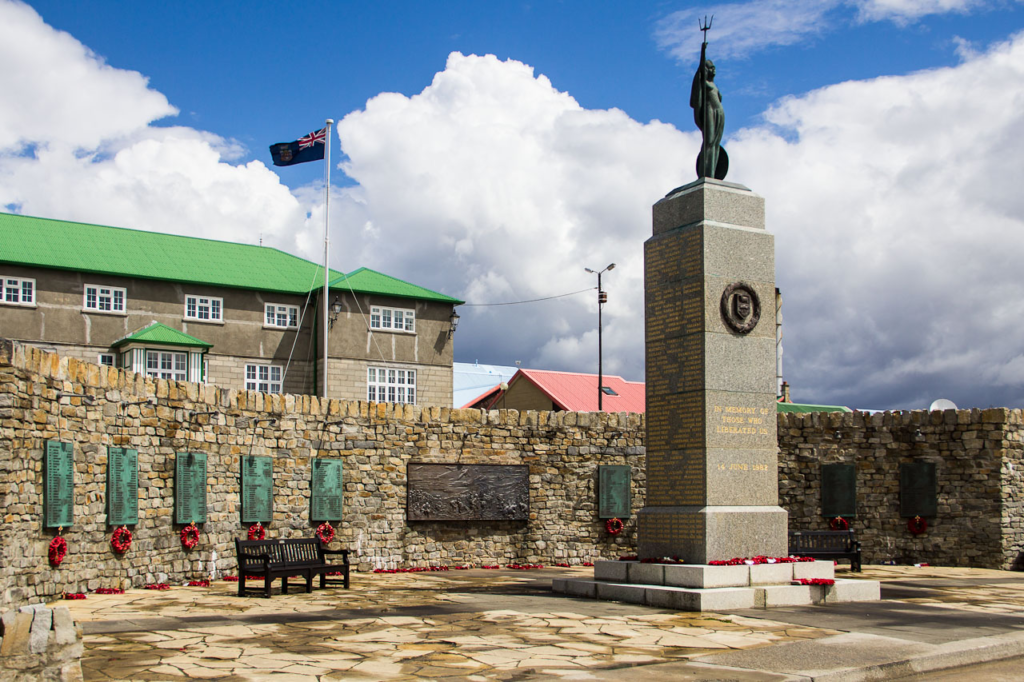
The Port Stanley War Memorial is a significant landmark commemorating the soldiers who lost their lives during the Falklands War. Located in the center of Stanley, the memorial serves as a poignant reminder of the islands’ history and the sacrifices made by the military. Visitors can pay their respects while enjoying the surrounding gardens and views of the harbor.
Mount Pleasant

Mount Pleasant is the site of the Falkland Islands’ main airport and British military base. It is also home to some stunning landscapes and walking trails that provide visitors with panoramic views of the surrounding area. Nature enthusiasts can explore the diverse flora and fauna while enjoying the tranquility of this remote location.
Bird Island
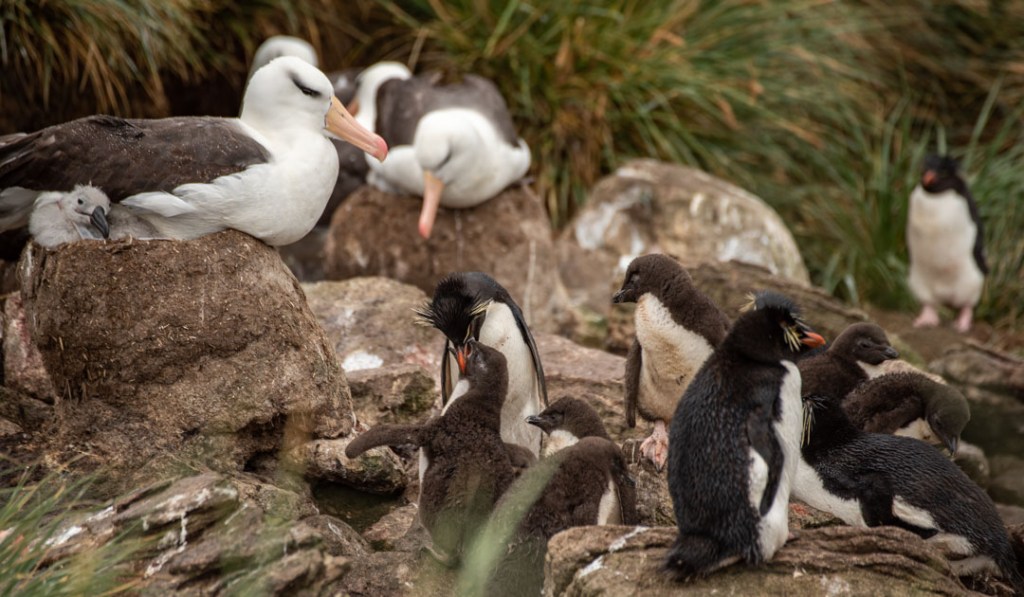
Bird Island is a remote and uninhabited island located off the coast of the Falkland Islands, known for its rich avian population. Visitors can take boat tours to explore the island and observe various seabird species, including albatrosses and petrels. The dramatic cliffs and rugged coastline offer a spectacular backdrop for birdwatching and photography.
Sea Lion Island

Sea Lion Island, located to the south of East Falkland, is a wildlife haven renowned for its diverse animal population. Visitors can observe elephant seals, sea lions, and a variety of bird species, including Magellanic penguins and oystercatchers. The island’s picturesque landscapes, including sandy beaches and rolling hills, provide a perfect setting for nature walks and wildlife viewing.
Lafonia

Lafonia is the southernmost region of East Falkland, characterized by its stunning coastal scenery and abundant wildlife. Visitors can explore the beautiful beaches, rolling hills, and diverse ecosystems while enjoying outdoor activities such as hiking and birdwatching. Lafonia is also home to several historical sites, making it a great destination for those interested in the islands’ heritage.
Bleaker Island
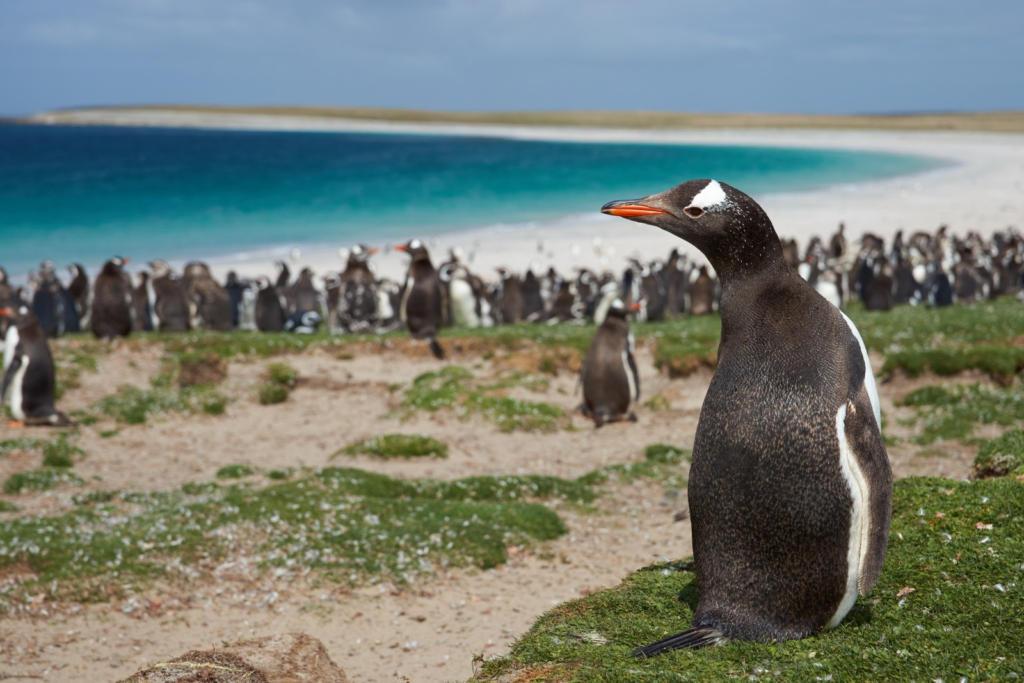
Bleaker Island is a tranquil destination known for its stunning landscapes and abundant wildlife. The island is home to various seabird species, including Magellanic and Gentoo penguins. Visitors can enjoy hiking along the coastline, exploring sandy beaches, and taking in the breathtaking views of the surrounding waters. Bleaker Island offers a peaceful escape for nature lovers and photographers.
Falkland Islands Museum
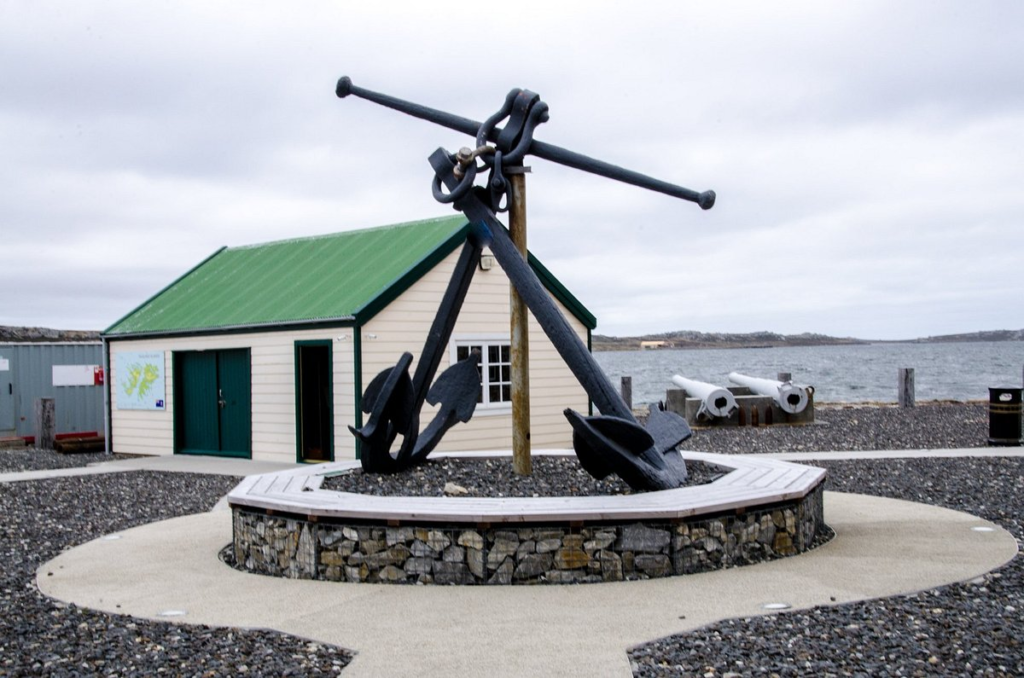
The Falkland Islands Museum, located in Stanley, provides visitors with a comprehensive overview of the islands’ history, culture, and natural environment. The museum features a diverse collection of artifacts, photographs, and exhibits that highlight the islands’ heritage, including displays related to the Falklands War. A visit to the museum is a great way to gain a deeper understanding of the islands and their significance.
Culture
The primary language spoken in the Falkland Islands is English, reflecting the islands’ British heritage. While the local dialect may vary, residents communicate in standard English, making it easy for English-speaking visitors to navigate and interact with the locals. The islands also have a small population of Spanish speakers, primarily due to their proximity to Argentina.
Outdoor recreation is a significant aspect of life in the Falkland Islands, with activities such as hiking, birdwatching, and fishing being popular among both locals and visitors. The islands’ natural beauty provides a stunning backdrop for various outdoor pursuits, contributing to the residents’ appreciation for their environment.
The lifestyle in the Falkland Islands is characterized by a strong sense of community and a connection to the land and sea. Many residents engage in traditional activities such as fishing, farming, and sheep herding, which play a vital role in the local economy. The islands’ remote location fosters a close-knit community where residents often come together for social events, celebrations, and outdoor activities.
The Falkland Islands have a rich cultural heritage that blends British influences with local traditions. Festivals and events throughout the year celebrate the islands’ unique identity, with activities ranging from agricultural shows to art exhibitions. The annual Falkland Islands Agricultural Show is a highlight, showcasing local produce, livestock, and crafts.
Music and dance are also important aspects of Falkland culture, with traditional folk music being performed at community gatherings and events. Local artisans create handmade crafts and artwork, reflecting the islands’ natural beauty and cultural heritage.
Festivals
The Falkland Islands host various festivals and events throughout the year, celebrating the local culture and community spirit. One of the most significant events is the Falkland Islands Day, celebrated on June 14th, which commemorates the islands’ sovereignty and independence. The day features parades, live music, and various activities that bring residents together in a spirit of unity.
Other notable festivals include the Falkland Islands Agricultural Show, showcasing local produce and crafts, and the Christmas celebrations, which are marked by community gatherings and festive events. These festivals provide opportunities for residents and visitors to connect, celebrate, and experience the vibrant culture of the Falkland Islands.
Economy
The economy of the Falkland Islands is primarily based on fishing, tourism, and agriculture. The fishing industry is a significant contributor to the local economy, with commercial fishing operations targeting species such as squid and hake. The islands’ remote location and abundant marine resources make fishing a vital part of life for many residents.
Tourism has also become increasingly important, attracting visitors interested in wildlife, outdoor activities, and the islands’ unique history. The government is committed to promoting sustainable tourism practices, ensuring that the natural environment is preserved for future generations while providing enriching experiences for travelers.
Agriculture plays a role in the economy, with sheep farming being the primary agricultural activity. The islands produce high-quality wool and lamb, contributing to the local economy and providing opportunities for sustainable farming practices.
Tourism
Tourism in the Falkland Islands has been steadily growing, drawing visitors seeking adventure, wildlife, and breathtaking landscapes. The islands offer a variety of outdoor activities, including hiking, birdwatching, fishing, and wildlife tours, making them an ideal destination for nature enthusiasts. The unique culture and history of the islands add to their appeal, with visitors eager to learn about the local way of life.
Accommodations range from hotels and guesthouses to self-catering options, catering to different preferences and budgets. The tourism industry is committed to promoting sustainable practices, ensuring that the natural beauty and cultural heritage of the Falkland Islands are preserved for future generations while providing memorable experiences for travelers.
Top Eight Most Famous Food

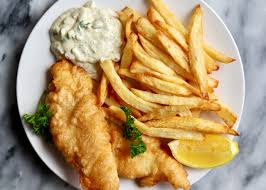
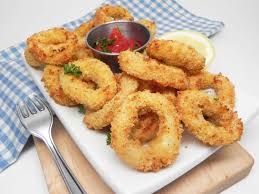
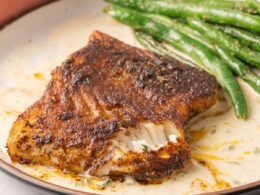
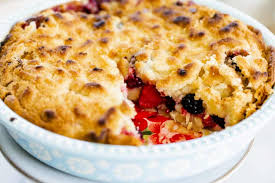

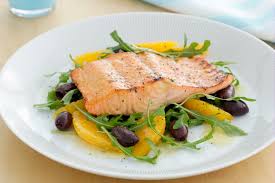
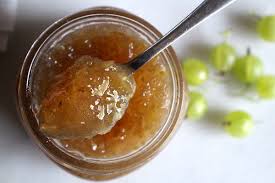
Interesting Facts About the Falkland Islands
- The Falkland Islands consist of over 700 islands, with East Falkland being the largest.
- The population of the Falkland Islands is around 3,400 residents.
- The islands are home to a wide variety of wildlife, including five species of penguins.
- The Falkland Islands have no native trees, but they do have a diverse range of plants and flowers.
- The islands’ economy relies heavily on fishing, particularly squid and hake.
- The Falkland Islands have a unique British-style parliamentary government.
- The islands are a popular destination for birdwatching, attracting enthusiasts from around the world.
- The Falkland Islands are known for their stunning landscapes, including rolling hills and rugged coastlines.
- The currency used in the Falkland Islands is the Falkland Islands pound, which is pegged to the British pound.
- The Falkland Islands Day, celebrated on June 14th, commemorates the islands’ sovereignty.
Future Perspective
The future of the Falkland Islands looks promising as the government focuses on sustainable development, particularly in the tourism sector. With ongoing efforts to promote responsible tourism and protect the islands’ unique ecosystems, the Falkland Islands are well-positioned to attract environmentally conscious travelers. Continued investment in infrastructure and community development will further enhance the islands’ appeal as a travel destination while preserving their cultural heritage.
Conclusion
The Falkland Islands offer a captivating blend of natural beauty, rich history, and vibrant culture. With their commitment to sustainability and community development, the islands invite travelers to explore their stunning landscapes, unique wildlife, and welcoming communities. Whether you’re seeking adventure or a peaceful retreat, the Falkland Islands promise an unforgettable experience for all who visit.

